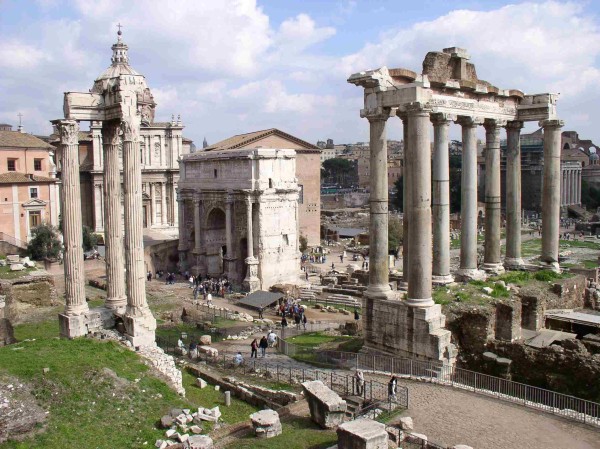Yesterday I discussed government speech, and Texas’s arguments that specialty plates are government speech that individuals can’t compel Texas to make. Today I discuss the First Amendment forum doctrine.
A reminder: yesterday’s disclaimer still holds. In fact this post is probably most likely to contain errors of all the posts in this series. Caveat lector!
Forums
The Supreme Court classifies places (physical and metaphorical) where the First Amendment applies, and freedom of speech requirements hold, in a few different ways. These places are called forums.

Not a forum
Some places aren’t forums. For example, most public television programs aren’t forums. In such places government may exclude particular viewpoints, topics, and content.
If Texas ran its specialty plate program as a contest, picking a few choices from a vast selection according to its own whims as occurs on public TV, it might not be a forum. (That might also make it government speech.) (Or maybe I’m grasping for a plausible example, and I’ve grasped wrongly. Hedge!) But Texas accepts basically anybody, so it’s a forum.
Traditional public forums
Some forums have always been open places of discussion: traditional public forums. These include public sidewalks and parks. Here, no restrictions on content or viewpoint are permitted (except a very small list). Government may impose reasonable content/viewpoint-neutral restrictions as to speech’s time, place, or manner. But in doing so it must further significant government interests, and restrictions must be narrowly written and leave open ample alternative channels for speech. For example: no use outside park hours, potentially you need a permit granted nondiscriminatorily, don’t exceed noise level limits, stay off grass being reseeded.
Specialty plate programs are a modern invention, obviously not a common-law forum historically open for discussion.
Nonpublic forums
Places that are forums that aren’t traditionally open, that government hasn’t opened to public expression, are nonpublic forums. Examples are courthouses and government buildings: generally, government property reserved for some particular use. Government can employ restrictions on content here, to further those particular interests. Otherwise, restrictions match those in traditional public forums (and particularly can’t restrict speech based on its viewpoint).
Texas invited everyone onto its license plates, opening them to public expression. So Texas’s specialty plate program is not a nonpublic forum.
Designated public forums (and limited public forums)
Finally we have locations not traditionally opened, that government has opened to some public expression: designated public forums. The restrictions applicable in traditional public forums are also applicable in designated public forums.
There’s also an additional sort of forum, sometimes viewed as a subset of the designed public forum, where the government limits speech to certain groups or topics: the limited public forum. A limited public forum may place restrictions on content, but it can’t restrict based on viewpoint.
The various forum definitions logically subdivide the set of all possible forums. (Although to be sure, there remains argument as to what subdivision the Court’s cases have actually recognized.) By process of elimination, Texas’s program must be a designated public forum, possibly a limited public forum.
Recap
Let’s check our work. License plate designs are not traditionally open to ideas, but Texas allows anyone to propose a custom plate design espousing practically any idea whatsoever. The ideas are legion: in-state and out-of-state colleges (even bitter rivals), college sports teams, and professional teams; corporations; non-profits; causes; war veteran status; the whimsical (“Rather Be Golfing”); and many others. The individual selects a specialty plate and displays it publicly. Moreover, Wooley v. Maynard indicates that individuals have First Amendment rights in what their license plates say. So Texas’s specialty plates are public expression, at the government’s invitation.
Texas’s specialty-plate program is a designated public forum, possibly a limited public forum. Hold the question as to which one — we’ll return to this later.
Tomorrow, a discussion of offensive speech.